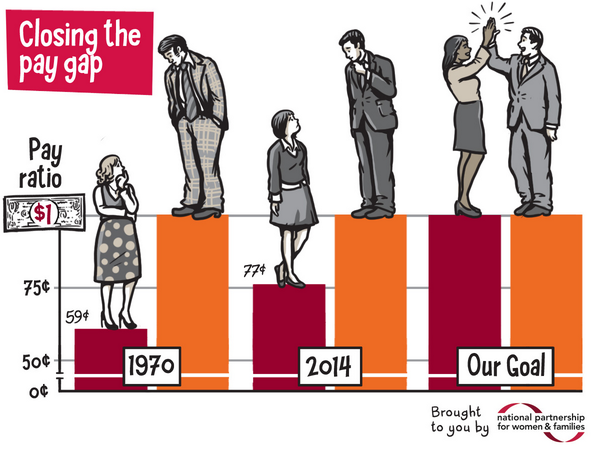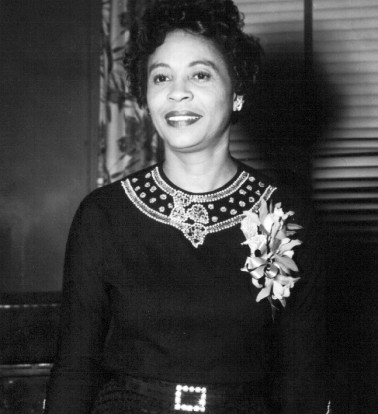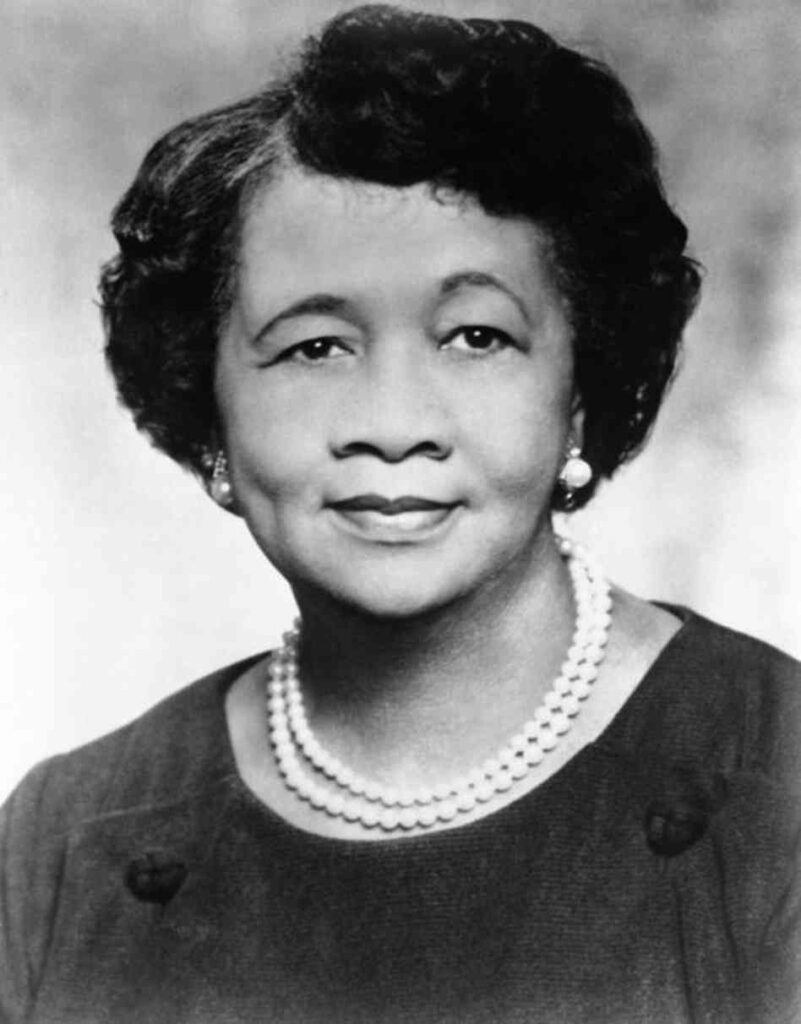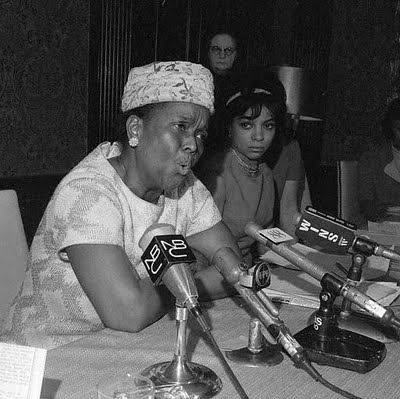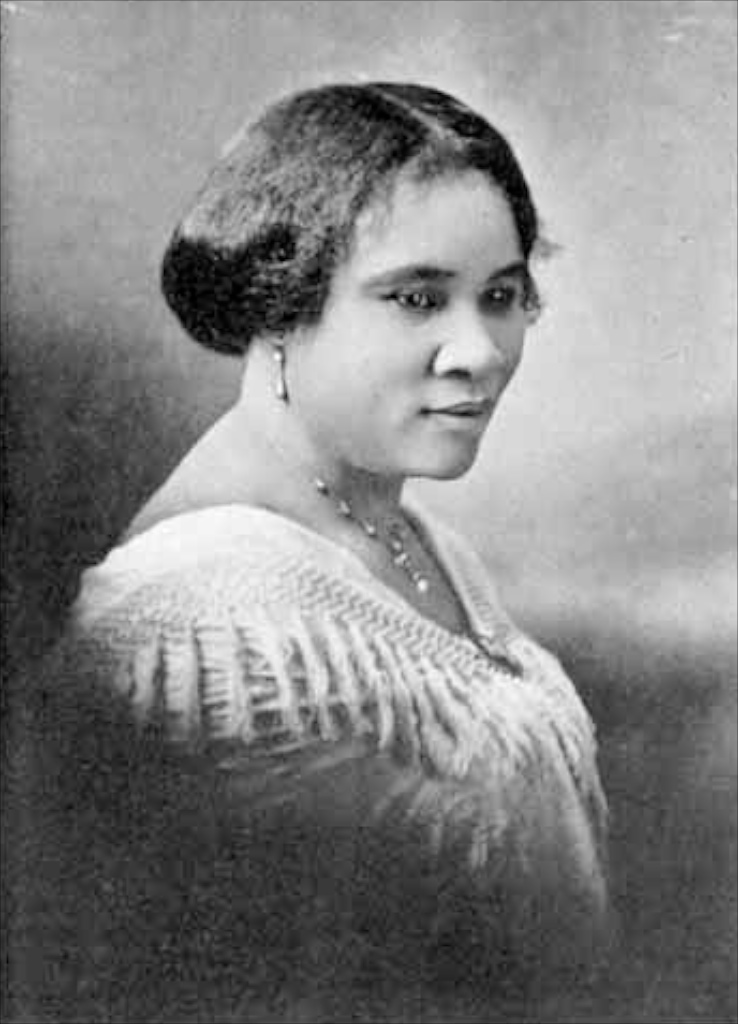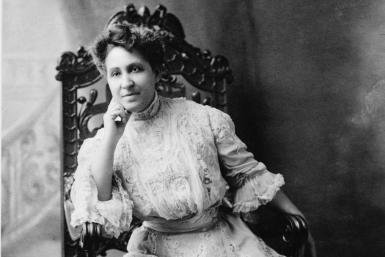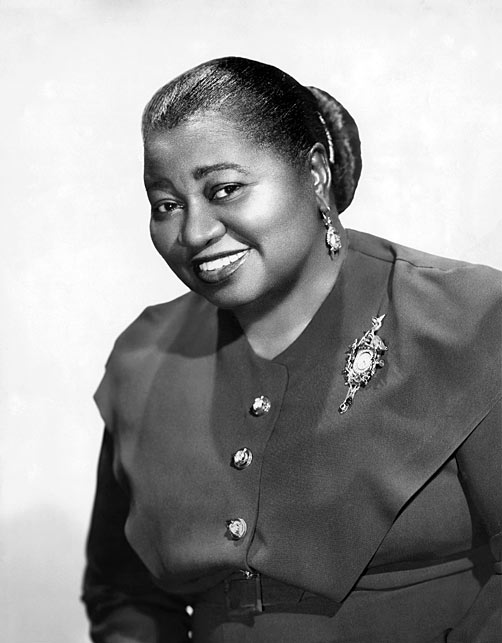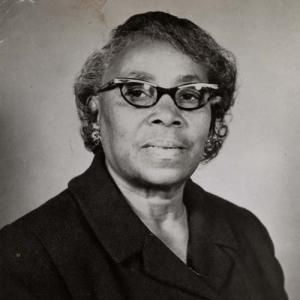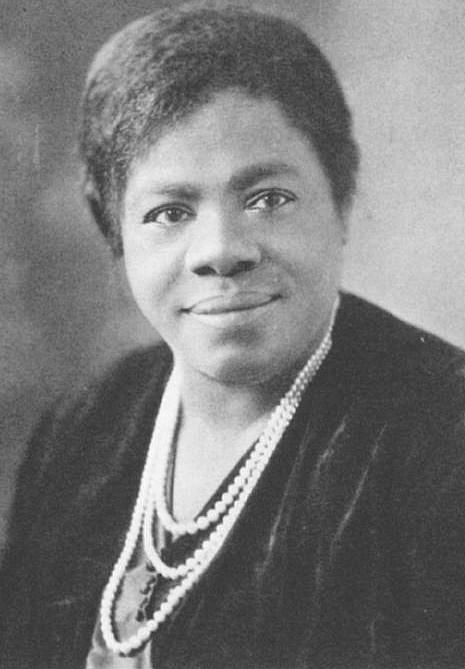Women have come a long way since first becoming major players in the workforce. No longer delegated to “women’s work”, we are making waves! In fact, it seems that each generation of women is setting their sights higher and higher when it comes to career aspirations.
The Millennial Generation (born between 1980-1995) has been fighting for significant changes in the work place. From equal pay for women and extended family leave to better health care and more flexible work hours. However, it seems that there is also significant dissatisfaction within the Millennial Generation. According to a study by Deloitte, two thirds of millennials will leave their job by the year 2020.
While many Millennials have already attained senior positions, much remains to be done. More than six in 10 Millennials (63 percent) say their “leadership skills are not being fully developed.”…Of great significance in the current survey results is the finding that 71 percent of those likely to leave in the next two years are unhappy with how their leadership skills are being developed.
Rather than a lack of loyalty, this is telling me that the Millennial Generation wants to be challenged. They want to work for an organization that will give them a purpose–push them to succeed.
Unfortunately, there are still large gender gaps when it comes to available employment opportunities and equal pay. According to a global study, a significant number of women in the United States feel that their gender inhibits their opportunities. See the image below:

This emphasis on workplace happiness will only become more important to our most recent generation. Generation Z (1995 to present) are just entering the workforce and according to research, 28% want to be in their dream job after college.
What can we do to ensure that the future generation of working women are entering the fields and leadership positions they want?
- Don’t fall into the trap of perpetuating stereotypes when it comes to women in the workforce; encourage her aspirations!
- Have a conversation with your daughter about her career goals and how she plans on reaching them.
- Expose your girls not only to diverse women in the workforce, but women in diverse workforces. Let her know about all the opportunities available to her.
And if you need a little help giving your daughter #CareerGoals. Bring her to Polished Pebbles’ Annual Women’s Career Panel this Saturday March 12!



